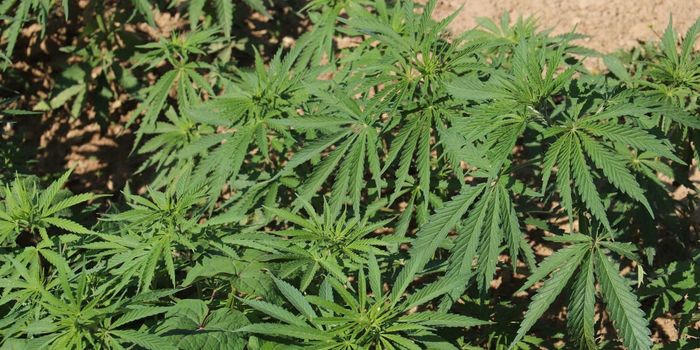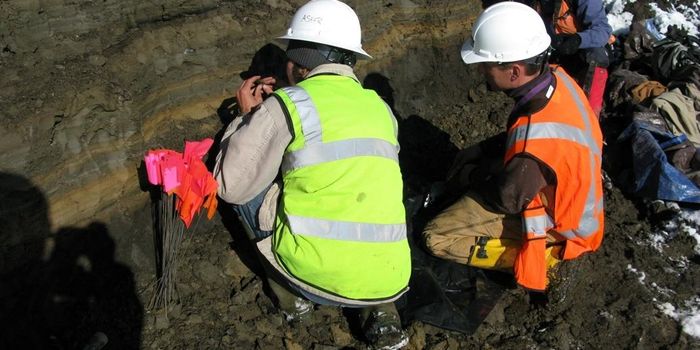"Carcinogen" is a big, scary word that no one wants to see on their food labels, in items they use every day or in products that wind up in the water or air supply. Exactly what does it mean though? In its simple form, it means that a substance has the potential to cause cancer. But how? It's about cells and how they change from one kind to another.
For instance, cigarette smoke, which is perhaps the most well-known carcinogenic substance. When smoke is inhaled, the chemicals that the tobacco is treated with, do physical damage to the cells in the lung. Some of these cells contain genetic material. The DNA is damaged beyond repair from these chemicals. Other culprits include food additives, pesticides, and herbicides as well as products used in manufacturing. While our bodies are designed to fight off foreign substances and infections, the cell damage carcinogens cause makes them unable to launch an immune response. The damaged cells then multiply, instead of being killed off by the body's defense system. The best way to avoid the damage is to avoid the substances that are known to cause it.








